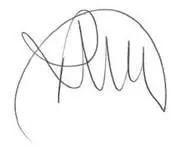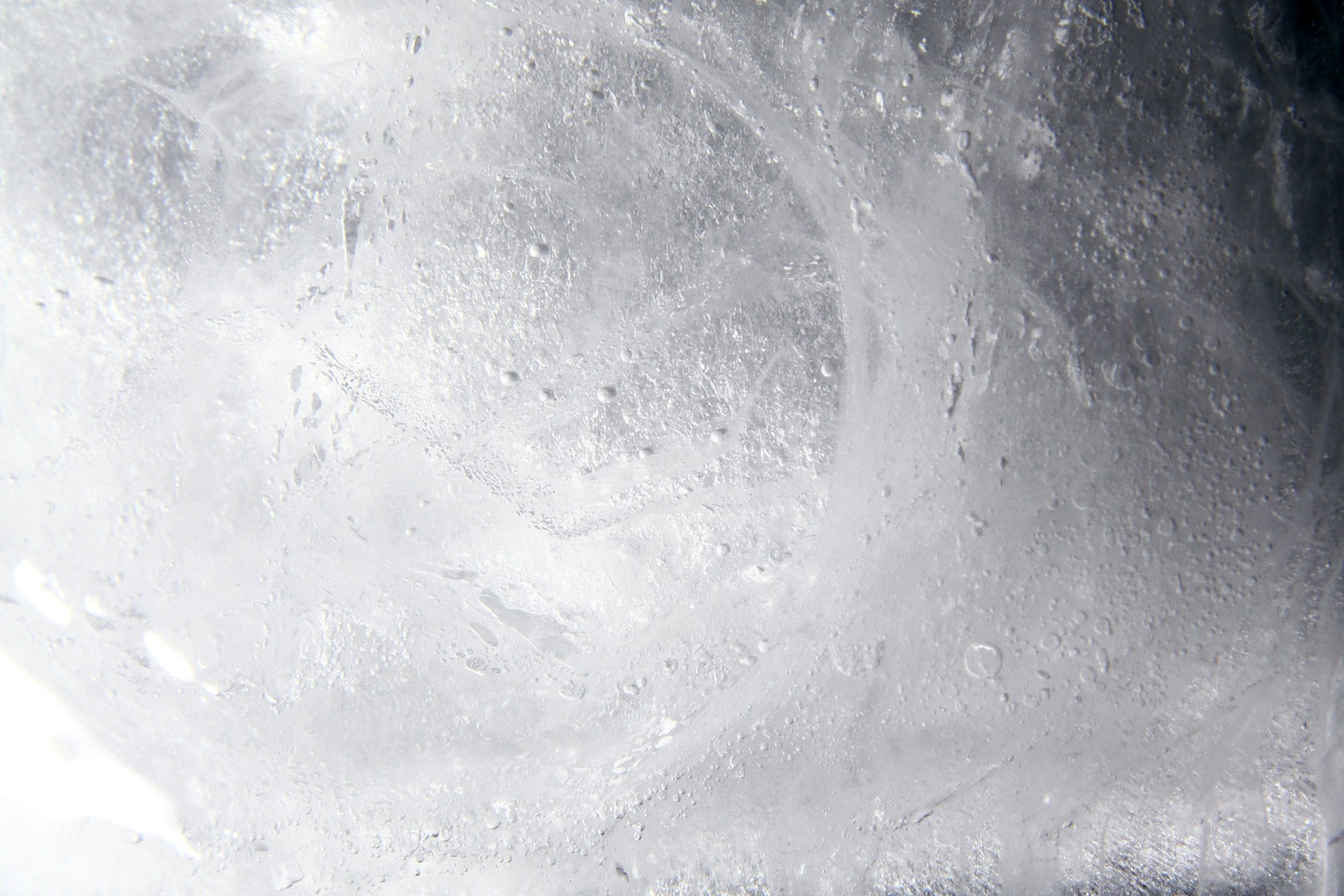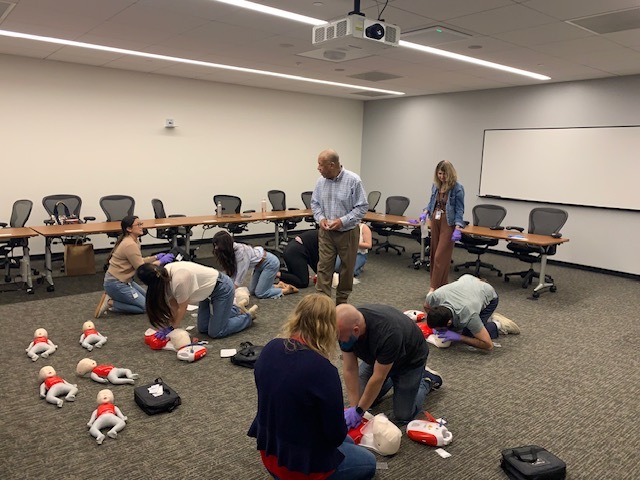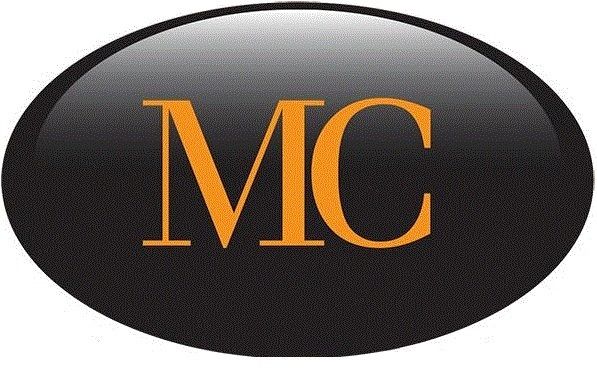The genocide of the next generation
The way societies as a whole and people more specifically relate to history has a significant impact on our psychological well-being. These perspectives create the identity and social dynamics that make up our reality. The study of how a country’s history has been engineered affects the human psyche and collective behavior of its citizens. The study of the human psyche is an important field within the disciplines like psychology, sociology, and history. It is a study of how we engage with one another.
Addressing historical neuroses, as they cause significant distress in our lives needs to be valued. It often involves acknowledgment of the forces that have ripped the identity of one tribe by another hence eradicating the cultural identity of the succeeding generations to learn from their ancestrial values. This is an understanding that is crucial in addressing the stressors of life and the ability to reconcile the past. It is the only way to promote a more balanced and constructive relationship with one’s history, present environmental conditions, and the production of a healthy future.
The Human Psyche
Let’s take a look at how disconnected we are and look to understand what we need to do and how we can arrest the HATE among us.
- The fear of repeating historical mistakes has not, does not stop us from repeating the genocide we witness every day on all continents around the world. This reality leads to a sense of anxiety, depression, and hopelessness.
- Our obsession with the past as told by our parents and expressed by our conditioning can lead to a longing for a particular historical era or a romanticized view of history. This idealization leads to dissatisfaction with the present and a yearning for a time that was not as idyllic as imagined nor experienced by all.
- Some societies or groups may experience a form of collective historical trauma. This occurs when a community has been deeply affected by historical events such as wars, genocides, or other significant tragedies. The memory and repercussions of these events can impact the collective psyche, causing distress and unresolved issues that are passed down through generations.
Healing
(c) Connie & Froerer 2020
A. Resource Talk: What conversations do you have with yourself that affirm your ability to achieve the kind of results you can build collaborative relationships?
B. Scaling: Look at your past challenges and results. Now ask yourself can you draw on your capability to deliver the desired outcomes you seek?
C. Preferred Future: Whatever past you hail from ask yourself what is your desired future. Does it include others in contributing to a healthy sustainable future?
D. History of the Outcome: We are the only organism that can interpret our experiences. In turn, our history is what we make it. How have the outcomes of your life experiences provided you with a meaningful account of what is possible?
Asking better questions while testing our beliefs allows us to adapt while we expand our mental capability to deal with life’s changes. Passing on this kind of mindset to our children and grandchildren will enable them to manage their lives more confidently. Now that is a legacy we can all put our minds and hearts to work on.
Check It! Let’s Chat.













